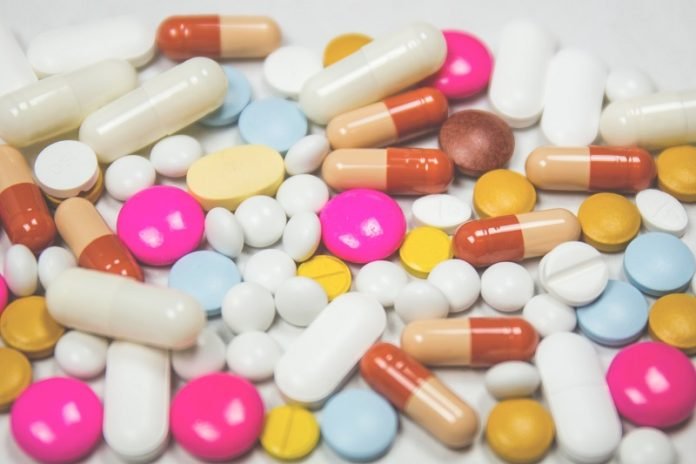
Despite years of research showing its benefits, most people who’ve survived a heart attack or stroke aren’t taking a daily aspirin.
Aspirin is an inexpensive and effective way to avoid a second heart attack or stroke, but a new study reveals that less than half of survivors worldwide follow this advice.
Heart attacks and strokes are the number one reason people die around the world.
Back in the 1970s and 1980s, scientists found that taking an aspirin every day could lower the risk of having another heart attack or stroke by about 25%.
In the United States, you can buy a month’s supply of baby aspirin for as little as $2 to $8. It’s a small price to pay for something that could save your life.
The researchers from Washington University School of Medicine point out that if you’ve had one heart attack or stroke, you’re at high risk for another.
Aspirin can help because it thins your blood and makes it harder for blood clots to form.
Blood clots can block blood vessels, cutting off the supply of oxygen-rich blood to your heart and other vital organs. This can lead to another heart attack or stroke.
So why aren’t more people taking their daily aspirin? The study couldn’t give a single answer, but the researchers think there are several reasons.
Some possibilities include mixed messages about aspirin, limited access to healthcare, or the need for a prescription to get aspirin in some countries.
The study also looked at how many people in different countries are taking aspirin. In low-income countries, only about 16.6% of people who should be taking aspirin actually are. In lower-middle-income countries, it’s 24.5%.
The numbers are better in wealthier countries. About 51.1% of people in upper-middle-income countries, and 65% in high-income countries like the United States, are taking daily aspirin.
Lifestyle factors like smoking, unhealthy eating, and lack of exercise also contribute to heart attacks and strokes. But a simple daily aspirin could be a life-saving measure.
The research was part of a bigger study involving more than 125,000 people from 51 countries. The study was funded by the National Institutes of Health and the University of Michigan.
It’s not the first time researchers have found low aspirin use. A study from 2011 showed the same thing.
According to the researchers, more needs to be done to get people to take their daily aspirin. They suggest that doctors, pharmacies, and healthcare systems should make a stronger effort to promote aspirin use.
For example, clinics that already have good systems for treating diseases like HIV could also focus on heart health.
In summary, if you’ve had a heart attack or stroke, talk to your doctor about whether a daily aspirin could help you. It’s a simple and affordable way to protect your heart and could save your life.
If you care about heart health, please read studies that vitamin K helps cut heart disease risk by a third, and a year of exercise reversed worrisome heart failure.
For more information about heart health, please see recent studies about supplements that could help prevent heart disease, stroke, and results showing this food ingredient may strongly increase heart disease death risk.
Follow us on Twitter for more articles about this topic.



